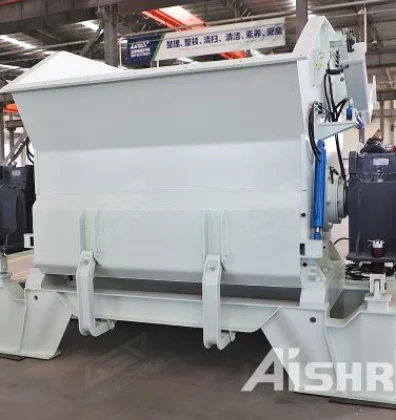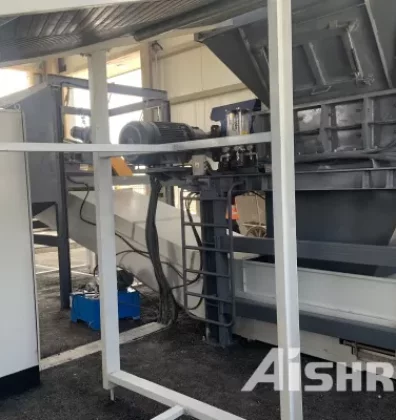Derived Fuel (RDF) boasts high calorific value, stable combustion, easy transportation, storage convenience, and minimal secondary pollution. These attributes make it a versatile choice across various sectors including drying engineering, cement manufacturing, heating, and power generation.
RDF derives primarily from domestic waste, industrial waste, and organic materials, encompassing waste paper, hard plastics, metals, glass, wood, rubber, and more.
Our coarse and fine shredders precisely meet RDF's crushing demands, streamlining the treatment process while unlocking considerable economic and ecological value.

Equipment Configuration
The crushing of such diverse materials necessitates cutting-edge technology. Our shredders operate reliably, thanks to high-performance alloys and overall machine integrity. Handling tough materials like metals and plastics requires specialized machinery.
Achieving premium RDF entails the following steps:
- Coarse shredding
- Sorting (wind and bounce sorting)
- Fine crushing
- Drying and compacting

Industrial waste comprises solid waste from machinery and light industries, encompassing waste paper, plastics, textiles, rubber, wood, and other high-calorific-value materials. Traditional landfill and direct incineration for power generation are being phased out due to environmental concerns, excessive land use, high transportation costs, and low efficiency.
While domestic waste shredding lines facilitate material crushing, volume reduction, and metal sorting, a significant portion still undergoes direct incineration, resulting in underutilization of resources. Our high-capacity RDF shredding production line offers a novel approach to resource recycling.
The RDF crushing production line integrates twin-shaft and single-shaft shredders to achieve efficient crushing and volume reduction. Equipped with iron removal magnetic separators and RDF forming machines, it converts loose solid waste into dense fuel pellets, enhancing fuel combustion performance.



